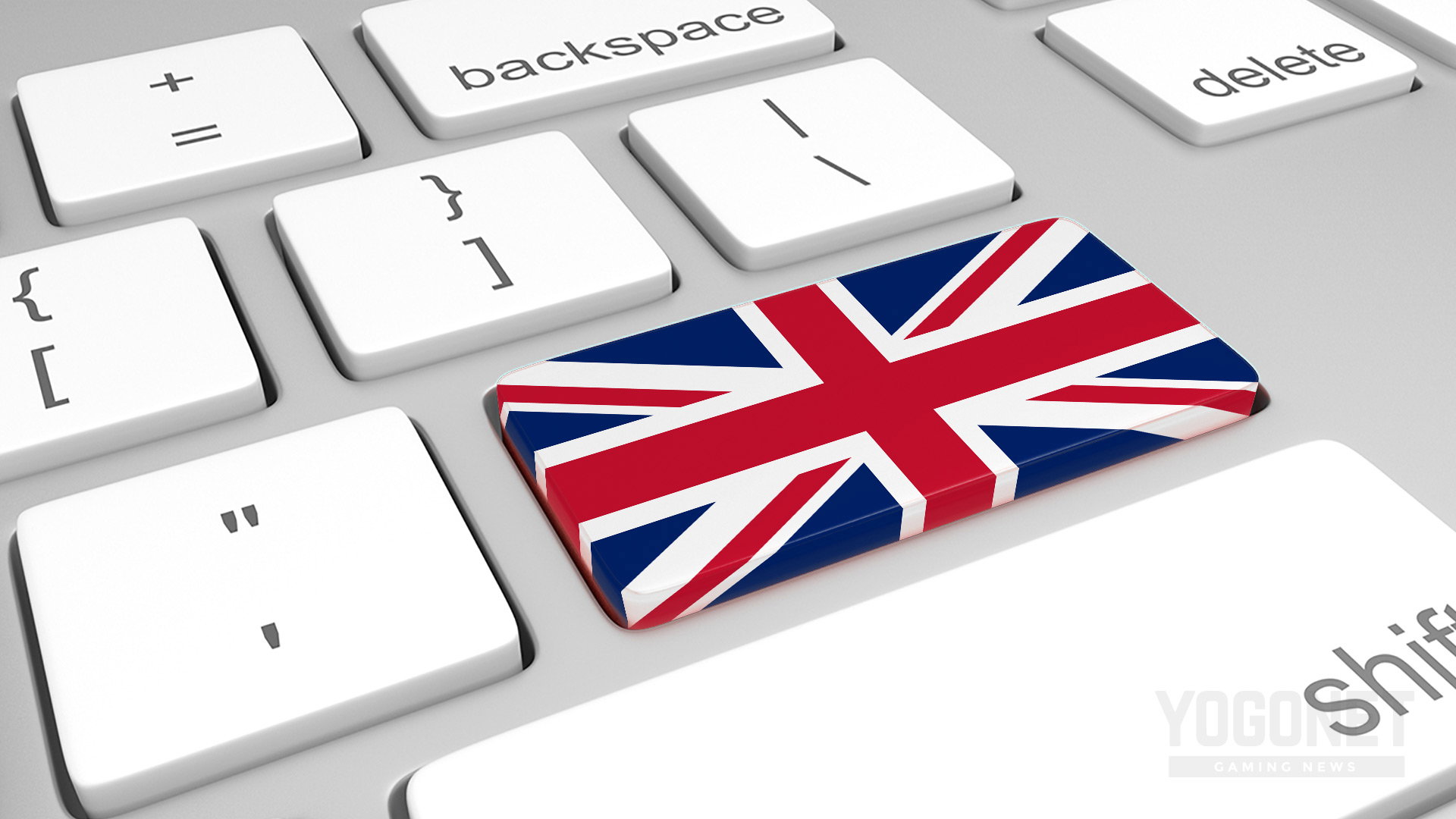Higher UK gambling taxes to drive spending reductions, workforce changes

Higher tax rates on remote gambling in the UK are prompting operators to prepare for reduced investment and significant job cuts, with industry leaders warning that the government’s revised fiscal policy will reshape spending across the sector starting in April 2026.
The government confirmed during the autumn budget announcement on Wednesday that remote gaming duty will rise from 21% to 40%. Remote general betting duty will also increase to 25% in April 2027 from the current 15%, although this excludes spread betting, pool bets, horse racing wagers, and self-service betting terminals.
Companies outline financial impact
Several major operators provided initial forecasts. Entain expects an EBITDA impact of approximately £100 million in 2026 and £150 million in 2027 and plans to mitigate around 25% of the cost increase by reducing marketing and promotional spending.
Entain CEO Stella David said the company was “deeply disappointed,” adding: “Disproportionately increasing gambling taxes will not only have a detrimental impact on our industry but also heighten the risk for customers.”
Evoke CEO Per Widerström said the business will respond by reducing supplier costs, marketing, and retail presence. “This will involve a significant reduction in investment into the UK and, very regrettably, the likely need for thousands of jobs to be cut up and down the country,” he said.
Flutter UK and Ireland CEO Kevin Harrington projected that direct mitigation will offset approximately 20% of the gross impact in the first six months after the new rates begin, increasing to 40% after that period. EBITDA reductions are expected at approximately $235 million in FY2026 and $339 million in 2027.
Rank Group estimated an additional duty burden of £46 million on its digital business. It also noted a 4.1% increase in the hourly National Minimum Wage to £12.71, representing an added cost of about £5.5 million.
Playtech said the higher rates would result in a “high-teens millions of euros” group-adjusted EBITDA impact in 2026 prior to mitigation and pointed to international operations as a factor supporting revenue stability.
Concerns over market viability and taxes
Industry representatives stated the changes could affect overall revenue performance for the regulated sector. Betting and Gaming Council CEO Grainne Hurst called the online tax levels “excessive,” saying: “They’re a devastating hammer blow to tens of thousands of people working in the industry across the UK, and millions of customers who enjoy a bet.”
Widerström said: “Proposals are ill-thought-through, counterproductive and highly damaging,” noting operators had raised concerns prior to the final decision.
Operators raise issue of illegal market growth
Executives maintained that unlicensed operators may attract more UK-facing customers. Hurst stated: “The budget is a massive win for the incredibly harmful, unsafe, unregulated gambling black market.” Harrington added: “These black market operators don’t pay tax and don’t invest in safer gambling.”
Analysts at Regulus pointed to reduced marketing and fewer consumer offers from licensed firms as factors that may draw bettors elsewhere, estimating up to £2.5 billion in gross gaming revenue could shift to unregulated platforms.
Some saw partial offsets in government policy. Rank welcomed the removal of bingo duty for land-based venues. Super Group said higher taxes could be workable if enforcement against non-paying offshore businesses occurs. “We rely on the government to ensure the very substantial increase should be paired with robust and strict enforcement,” CEO Neal Menashe said.

















